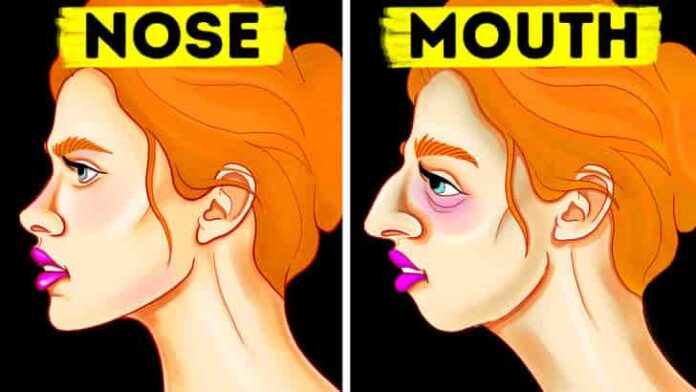
Unbelievably, babies are unable to breathe through their mouths. But as we reach the milestone of six months, we realise there is actually another way to breathe. Even though mouth breathing is perfectly functional, it can be far more detrimental to us in the long term.
We explain why it is preferable to keep your nose’s fundamental function intact.
1. Your face changes.
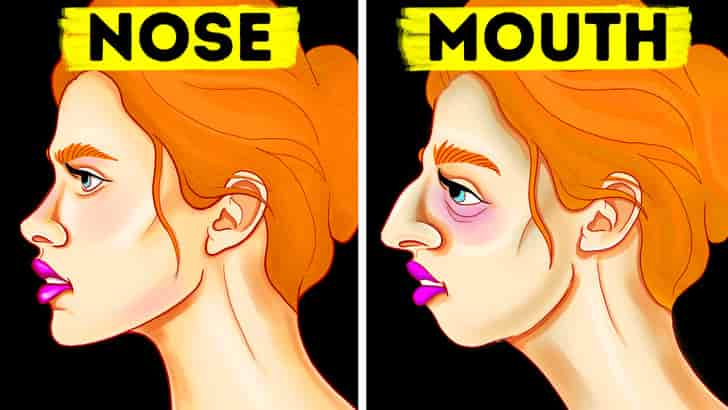
You will ultimately start to notice that your face changes its shape and grows forward and downward if you breathe through your mouth. Due to the fact that children’s faces are still developing, it is more obvious. Your jaw and cheeks narrow as you breathe through your mouth. Your nose’s shape changes as a result of that.
You may also get narrow upper and lower lips, a forward open mouth, and narrow nostrils.
2. You start slouching.
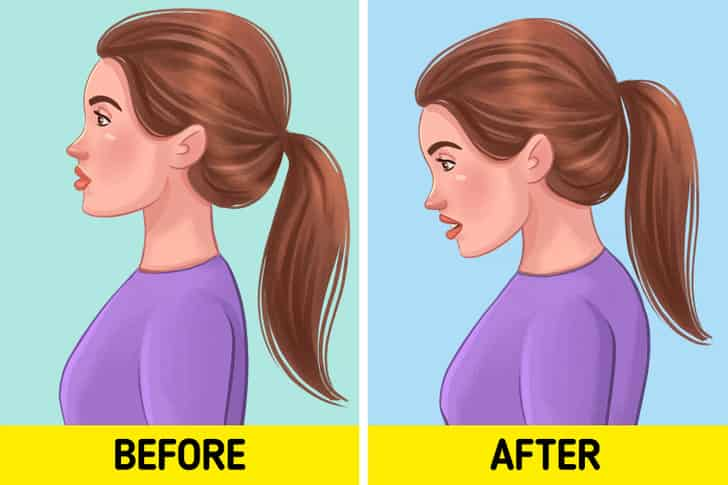
When you breathe through your lips, you unintentionally slouch your shoulders and tilt your head forward. You end up developing a slouching posture as a result in order to widen your airways.
3. Your teeth suffer.
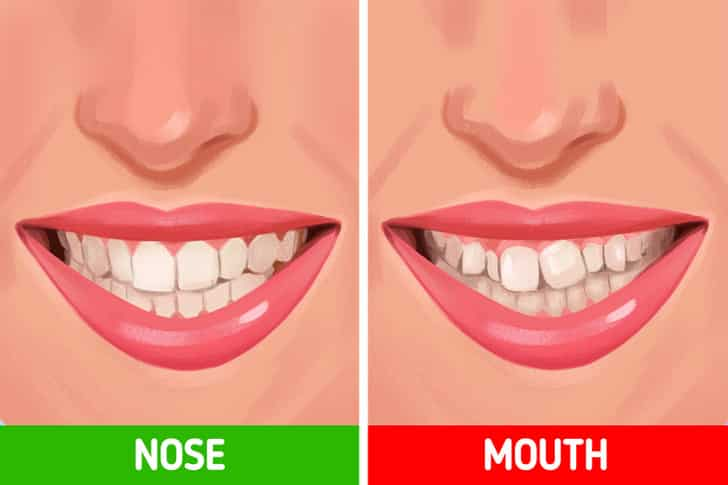
Your teeth’s alignment suffers when you breathe through your mouth. Many kids who prefer to breathe through their mouths grow up with crooked teeth and an incorrect bite. Orthodontic therapy becomes more challenging when braces are used, especially because the resting lip posture and tongue position both alter.
4. You find it harder to sleep.
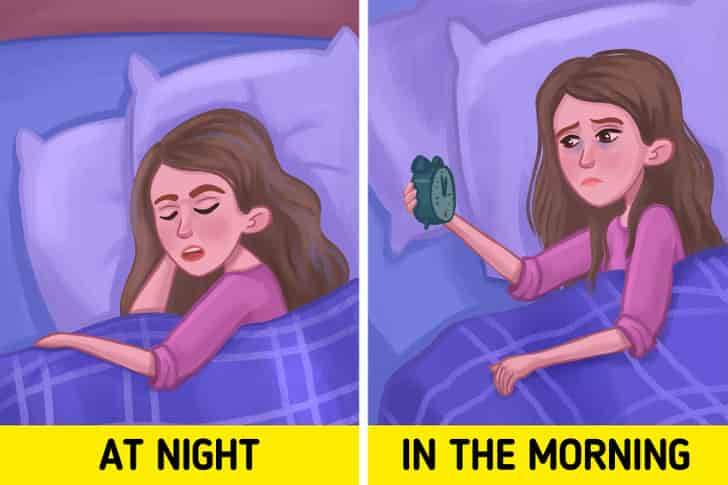
Your body receives less oxygen and more carbon dioxide. The majority of your body’s systems suffer as a result. Additionally, you have a higher chance of snoring, drooling, persistent oxygen deprivation, and sleep apnea. Even taping your mouth shut at night to encourage nasal breathing is advised.
Do you inhale and exhale through your mouth or your nose? What further negative impacts may mouth breathing have?
